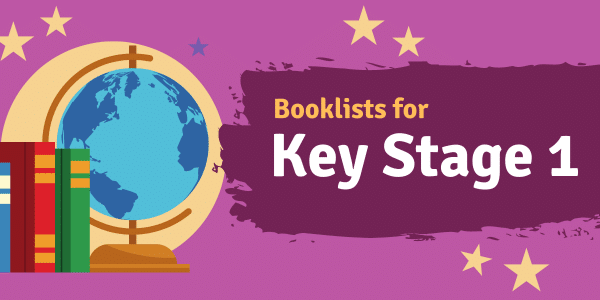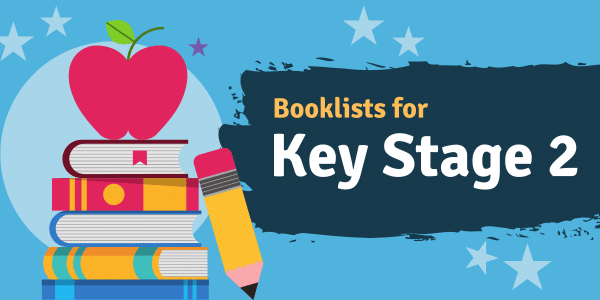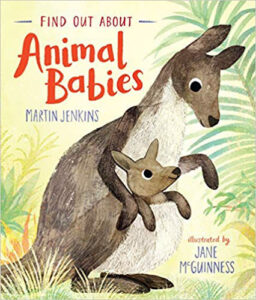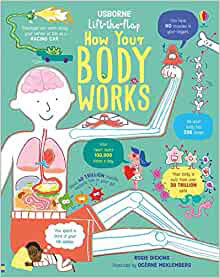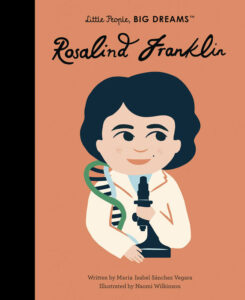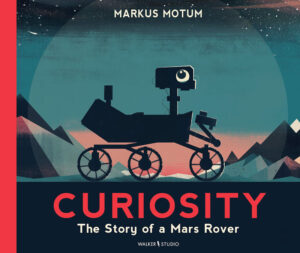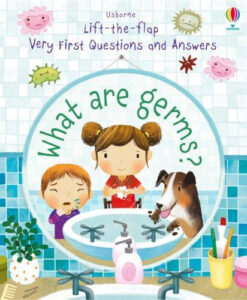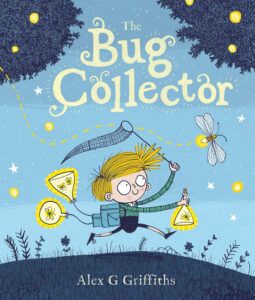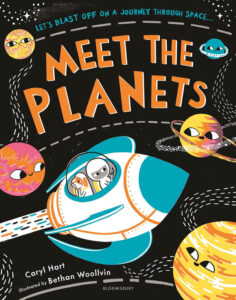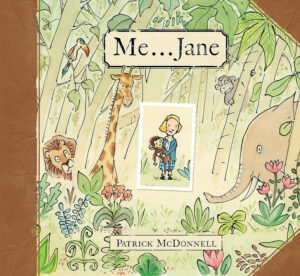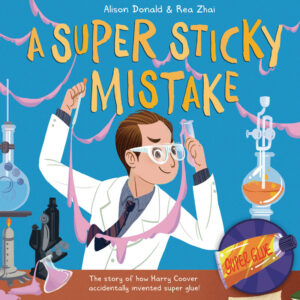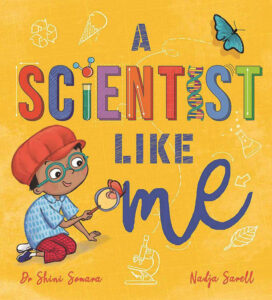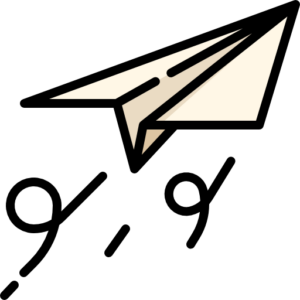A colourful and gentle introduction to the concept of animal babies for young children.
All animals have babies, but not all babies are the same! From big babies to little babies, babies that look like their parents to ones that don’t, this beautiful picture book is a perfect introduction to different kinds of animal babies, from the award-winning author Martin Jenkins and illustrated by up-and-coming talent Jane McGuinness.








